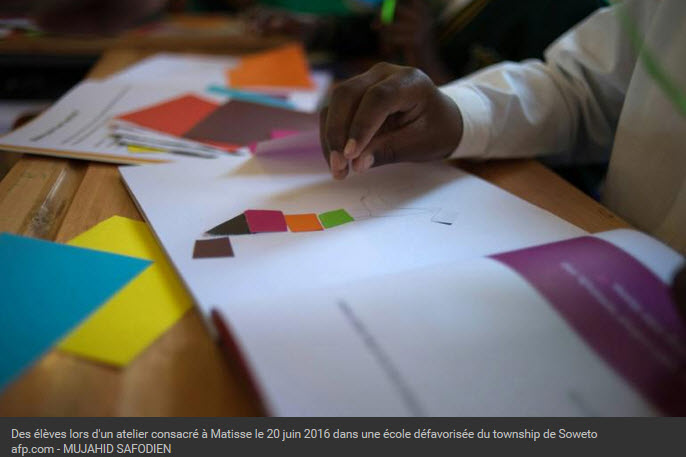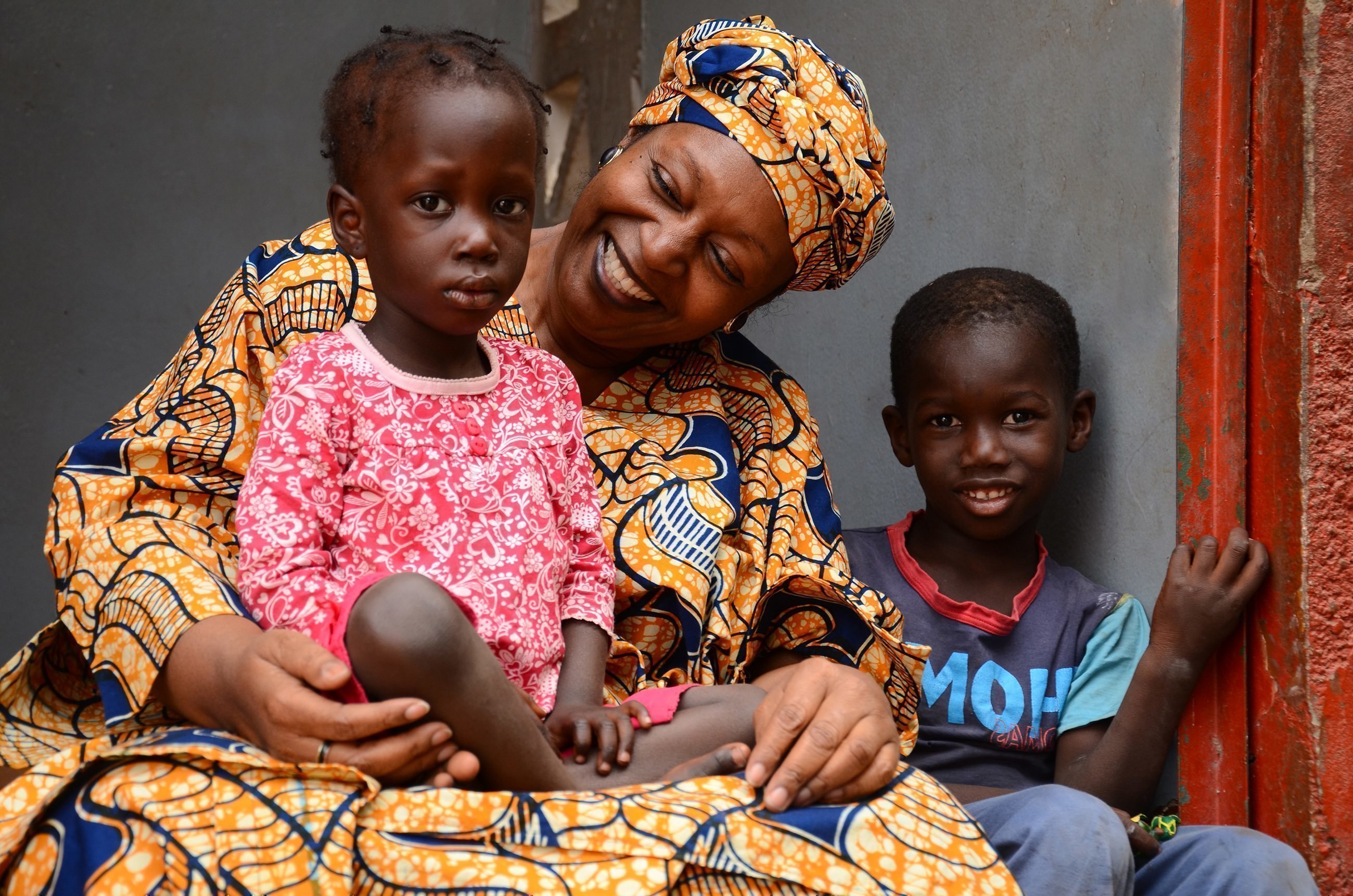l’UE addurci le contrôle des “minerais de sang”
Africa: EU better regulates trade in “blood minerals”
03/17/2017 at 3:00 p.m. – AFP
The European Parliament gave final approval on Thursday of a new regulation to better monitor imports of certain minerals essential to industry so as not to help finance armed conflicts in Africa ….
READ MORE IN GERMAN (SOMETHING IMPROVED BY GOOGLE) UNDER FRZ. ORIGINAL
Afrique: l’UE encadre mieux le négoce des “minerais de sang”
16.03.2017 at 3:00 p.m. – AFP
Le Parlement européen a donné jeudi son accord final à une nouvelle réglementation visant à mieux encadrer l’importation de certains minerais indispensables à l’industrie, afin de ne pas contribuer à financer les conflits armés en Afrique.

In a cobalt mine in Lubumbashi in the DR Congo // PHOTO afp.com by Kannah JUNIOR
Cette regulation on the “minerais de sang”, qui entrera en vigueur en janvier 2021, sera contraignante pour les entreprises importatrices de l’UE qui se trouvent au début de la chaîne de production, y compris les fonderies et les raffineries.
Elles devront s’assurer et garantir qu’il n’y a pas de lien entre leur chaîne d’approvisionnement et les conflits armés, selon ce texte négocié depuis trois ans entre la Commission, les États membres et le Parlement, sous une forte pression of the lobbies industriels.
Les entreprises important de faibles volumes seront toutefois exemptées, un point qu’ont regretté certaines ONG.
“L’UE a envoyé un signal fort à un petit nombre d’entreprises”, mais “au final elle a fait confiance à un bien plus grand nombre pour continuer à s’autoréguler”, a déploré Michael Gibb, de l’ONG Global Witness qui lutte contre le pillage des ressources naturelles, et les violences qu’elles provoquent contre les civils, dans les pays pauvres.
L’eurodéputé ecologiste français Yannick Jadot a regretté une autre “lacune”, qui exempte la grande majorité des “entreprises en aval” fabriquant des produits de consommation finale, comme les tablettes ou smartphones.
Les minerais visés – tungstène, étain, tantale et or -, sont en effet indispensables à la production d’objets du quotidien comme les téléphones portables, les ordinateurs, les réfrigérateurs et les ampoules.
Ils sont surtout importés d’Afrique, notamment du sud et de l’est de la République démocratique du Congo (RDC), dans la région des Grands Lacs, où des groupes armés se disputent le contrôle des mines.
“Le travail minier est souvent effectué par des enfants travaillant comme des esclaves plus de 12 heures d’affilée”, a en outre accusé la députée socialiste belge Marie Arena.
Cette nouvelle réglementation s’inspire d’une clause de la loi américaine sur la réforme du système financier, adoptée en 2010 sous la présidence de Barack Obama, qui a contraint les entreprises américaines à davantage de transparence quant à leur exploitation de tels minerais.
Or le nouveau président américain Donald Trump a annoncé en février un réexamen de cette législation.
“Malheureusement, certains signaux qui nous parviennent de Washington sur ce sujet ne sont pas encourageants”, a commenté pendant le débat à Strasbourg la commissaire européenne au Commerce, Cecilia Malmström.
Cela “souligne d’autant plus l’importance d’un leadership européen” sur cette question, a plaidé Mme Malmström.
© 2017 AFP
=> MORE DE + FR mining – secteur minier in Archives Afrikanews 2009-2014
or HERE in AFRIKANEWS-2
Africa: EU better regulates trade in “blood minerals”
03/17/2017 at 3:00 p.m. – AFP
The European Parliament gave final approval on Thursday of a new regulation to better monitor imports of certain minerals essential to industry so as not to help finance armed conflicts in Africa.
This regulation on the “blood minerals” with effect from January 2021, will for the binding companies in the EU that are at the beginning of the production chain, including smelters and refineries.
They will have to make sure and guarantee that there is no link between their supply chain and armed conflict, according to the text negotiated between the Commission, the Member States and Parliament for three years under heavy pressure from the industrial lobby.
However, the small amounts of importing companies will be exempted, a point some NGOs regret.
"The EU has sent a strong signal to some companies," but "in the end, it trusts a much larger number to self-regulate to continue," complained Michael Gibb of the NGO Global Witness, who opposed the looting of natural resources poor countries and the violence they cause against civilians.
French green MEP Yannick Jadot regrets another “loophole” that excludes the vast majority of “downstream companies” (manufacturing end products such as tablets or smartphones).
The regulated minerals – tungsten, tin, tantalum and gold – are indeed crucial for the production of everyday objects such as cell phones, computers, refrigerators and light bulbs.
Advert by Afrikanews archive:
They are mostly imported from Africa, especially from the south and east of the Democratic Republic of the Congo (DRC) in the Great Lakes region, where armed groups are fighting to control the mines.
"Mining is often done by children who work as slaves for more than 12 hours at a time," accused Belgian socialist MEP Marie Arena.
This new regulation is based on a clause of the US Financial Reform Act, adopted in 2010 under the presidency of Barack Obama, which had forced US companies to be more transparent about their imports of such ores.
However, new US President Donald Trump announced a review of this regulation in February.
“Unfortunately, some signals from Washington are giving us on this to reach, not encouraging, ”said while of the debate in Strasbourg, EU Trade Commissioner Cecilia Malmström.
But this underlines “further the importance of a European leadership” in the question, Malmström pleaded.
© 2017 AFP
RELATED ITEMS
-

Art education, Africa, soweto: poor children learn henri matisse – afrikanews home
Soweto: des enfants pauvres apprennent Matisse ALL PHOTOS by afp.com – Mujahid SAFODIEN: Students in a workshop dedicated to Henri Matisse, on…
-

Donations for children in Africa – SOS Children’s Village Switzerland
The hunger crisis in Africa has reached dramatic proportions for the population. Millions of children in particular suffer from malnutrition and…
-

Africa travel with children, Africa family travel, for family travel
Your tour operator for Africa trips with children On our Africa trips with children you will experience extraordinary moments with the whole family….
-

Click here for more information on sponsorship in Asia, South America and Europe. Many children in Africa are still very poor….
